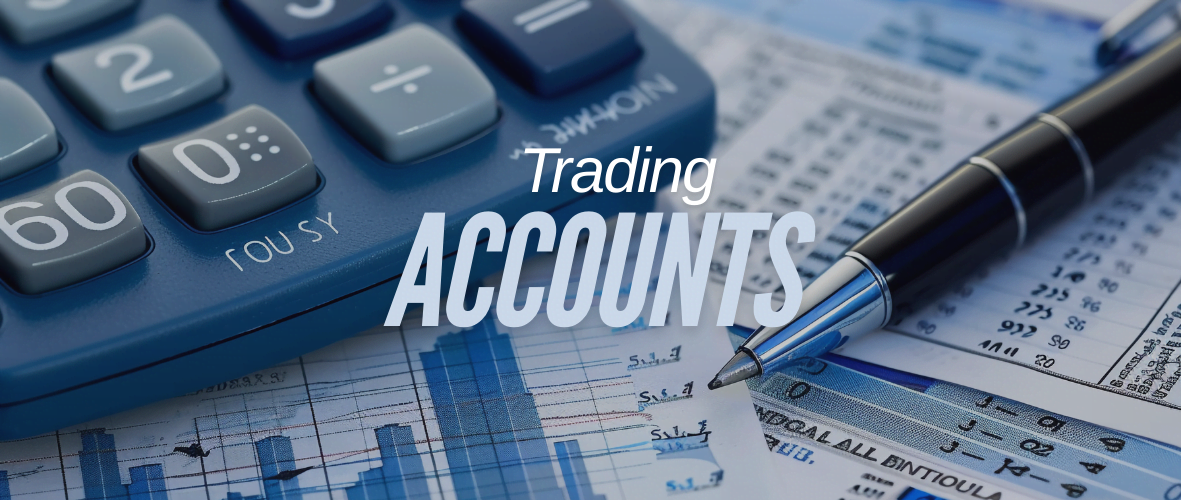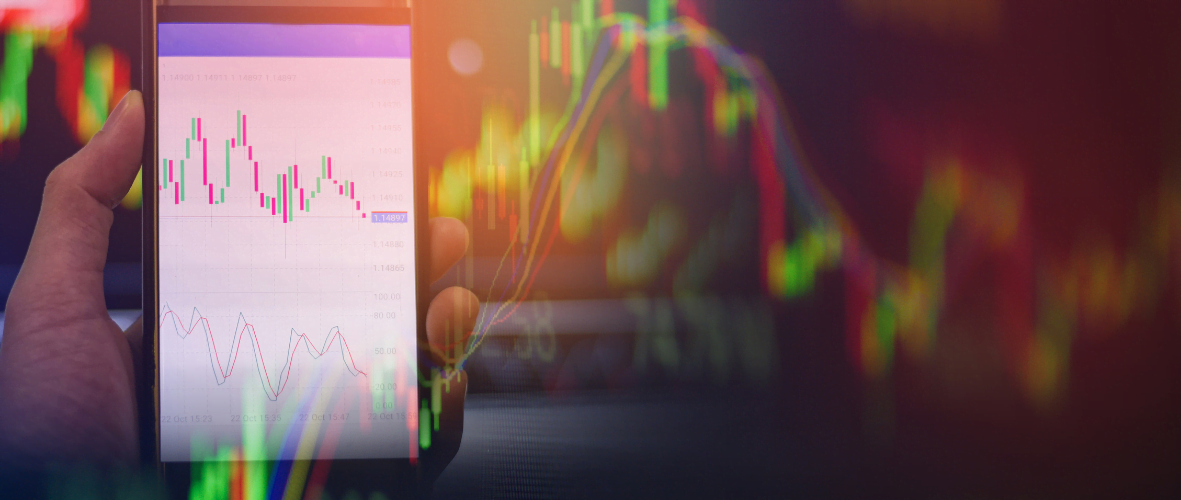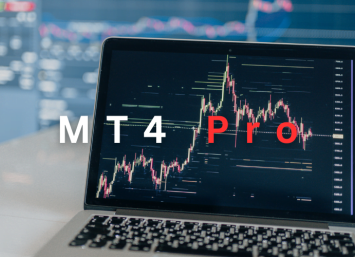Top Types Of Trading Accounts

Trading accounts are the foundation of participative investing since they allow for the deployment of resources across different types of assets. Their structures are designed to fit a variety of risk appetites, holding durations, asset pools, and levels of involvement. Understanding various trading account types allows for a more targeted matching based on individual goals and preferences.
This in-depth analysis outlines account functions through a regulatory perspective before going into major differences. Understanding the transition from simple cash accounts to complicated futures models demonstrates the growth of financial innovation and access. Comparative factors such as pricing, features, and flexibility are highlighted to help you determine the best fit.
Understanding Trading Accounts
Trading accounts are the regulated infrastructure that connects personal cash to public investment vehicles. They are held by brokerages or advisors and allow for direct market transactions through internet platforms.
Accounts are registered with regulatory authorities and adhere to transparency and record-keeping rules. Client identity ensures legitimacy, while financing sources remain transparent. State administrators monitor broker solvency and business activities in accordance with uniform state and federal standards.
Accounts are created by personalized applications that outline objectives, risk identification, and qualification verification. Approved clients activate their accounts using digital registration, which allows them to trade at any time from their personal computers or mobile devices on a webtrading platform. Platform-based research, analysis, and trade execution enable faster access.
Cash Accounts
Cash accounts represent the basic component of non-leveraged stock ownership, as they require only settled cash balances to purchase shares. Profits are settled without rush after sales, while marking-to-market valuations retain net liquidity perspectives.
Minimal costs promote preservation by removing interest charges. However, cautious cash allocations may be enough when timely opportunities appear. Suitable primarily for casual traders who prioritize simplicity over trading volume. Preference corresponds with measured risk appetites but limits the benefits of actual active participation.
Certain third-party checking account arrangements allow for "free riding" by allowing limited batch trades while awaiting later fund clearances. However, nonpayment incidents result in consequences that challenge such permissiveness, depending on individual account judgment. Cash accounts provide the purest form of equity exchange participation.
Margin Accounts
Margin accounts support cash reserves by providing targeted, regulated leverage access. Brokers who issue interest-bearing intraday or short-term loans increase liquidity but also increase holding risk.
Accounts comply with predefined margin criteria while retaining conservative exposure levels. Leverage allows for short-term hedging, short sells, or possibilities to capitalize on brief pricing volatility, but it requires continual risk re-evaluation. Violating maintenance minimums results in automatic liquidations, preventing excessive obligation burdens.
Experienced traders can use leverage to increase returns, but beginner traders need to be educated on capacity restrictions. Accounts typically require larger amounts to prove credibility in accordance with leverage tasks. Overall, applications allow speculative benefits while protecting brokers through risk constraint rules.
Forex Trading Accounts

Forex accounts allow direct access to the $5 trillion daily global currency markets. Standard, mini, and micro-lot contracts allow you to scale position sizes and apply leverage to your account balances. The convenience of being available 24 hours a day, seven days a week through Internet brokers attracts both inexperienced traders and professional investors.
In the face of frequently fluctuating currency rates, fractional-pip pricing quotes increase trade frequency. However, inherent leverage increases both losses and wins, needing strong risk management measures. Geopolitical events have an immediate impact on currencies, therefore education helps to reduce poor judgment. Success in forex requires a meticulous approach, discipline, and market appreciation in addition to relying exclusively on technical indicators or news occurrences.
Overall, acceptable for experienced risk managers; nevertheless, newcomers must proceed with caution due to complexities and large leverage capacity. Forex specialists use accounts to hedge commercial currency exposures, either directly or indirectly.
Options Trading Accounts
Options trading accounts give investors great tools for executing flexible strategies other than just purchasing and holding securities. These accounts enable traders to sell option contracts and create spreads or combinations that control risk exposure. When approved for options, the trader can write covered calls to make income from existing positions. They can also use cash-secured put options to buy a stock at a lower price. Collars, straddles, and strangles are more advanced tactics for risk management and revenue generation.
However, options include distinct risks such as time decay and early assignment, necessitating rigorous research and risk management. As a result, options approval typically involves a screening process to verify that the applicant understands these complicated strategies and risks. Options trading requires advanced knowledge and is best suited to experienced investors seeking non-directional trades.
Futures Trading Accounts
Futures accounts allow direct participation in regulated futures exchanges. Standardized contracts concentrate risk while maximizing percentage gains through the leverage that comes with delayed delivery agreements. Accounts have segregated client fund protections, ensuring capital integrity.
Economic hedging, speculation, or diversification drive involvement in livestock, cereals, energy, metals, finance, and other sectors. However, significant margin requirements provide appropriate exposure despite percentage point volatility, allowing for regular re-evaluation. Markets run on essentially 24/6 worldwide bandwidths, demanding dedicated monitoring regardless of holding times.
Accounts are ideal for professionals who want to assess risk-adjusted exposures or for institutions looking to hedge operational commodity price variations. Beginners are intimidated by complex pricing structures and frequently shifting risk-reward balances that need split-second decisions. Nonetheless, competent traders use contractual flexibility to pursue varied, leveraged profits while occasionally balancing downside exposures.
Managed Accounts

Managed accounts create individually tailored portfolios and provide complete discretionary management and ongoing maintenance to expert advisors. Sophisticated wealth managers conduct extensive studies to identify optimal allocations that match with constantly changing macroeconomic and micro variables.
Rebalancing occurs automatically based on predefined risk parameters, avoiding personnel costs. Accounts could make direct engagement easier for passive investors. However, high fees frequently undermine performance gains in the absence of really qualified advice. If ongoing charges outweigh adviser value-add, long-term compounding suffers due to tax inefficiencies.
Accounts are ideal for professionals who prefer set-it-and-forget convenience at career peaks, as well as seniors who want to minimize behavioral biases from ruining diverse tactics. Nonetheless, substantial due diligence supports expected alpha generation, justifying ongoing costs that deplete returns net of adviser influence. Self-direction is typically more cost-effective for large sums.
How To Choose a Trading Account
To choose a trading account optimally, goals, resources, experience, and risk tolerance must all be addressed. Consider investing goals such as income, growth, speculation, or hedging, as well as the related levels of involvement and time periods. Contrast all-in trading costs and minimum balances with needs and risk tolerances. Investigate the educational supplements, analytical tools, order types, and custodial protections associated with various brokers.
Finally, non-negotiable priorities influence the decision more than specific brokers, securities, or previous performance. Proper structuring helps make a choice that links personal traits and strategic goals. Comprehensive due diligence prevents regret caused by insufficient frameworks that are incompatible with personalized goals, resources, and preferences.
Conclusion | Top Types Of Trading Accounts
Overall, understanding the types of trading accounts helps you make a personalized decision on the type of account you may use. The development continues from simple cash accounts that preserve primary ownership principles to specialized futures applications that increase leverage and optionality.
Matching non-negotiable priorities improves long-term satisfaction and achieving objectives and goals. Overall, the strategic selection of trading accounts helps control financial concerns rationally through structurally powered market engagement adjusted to specific needs.



